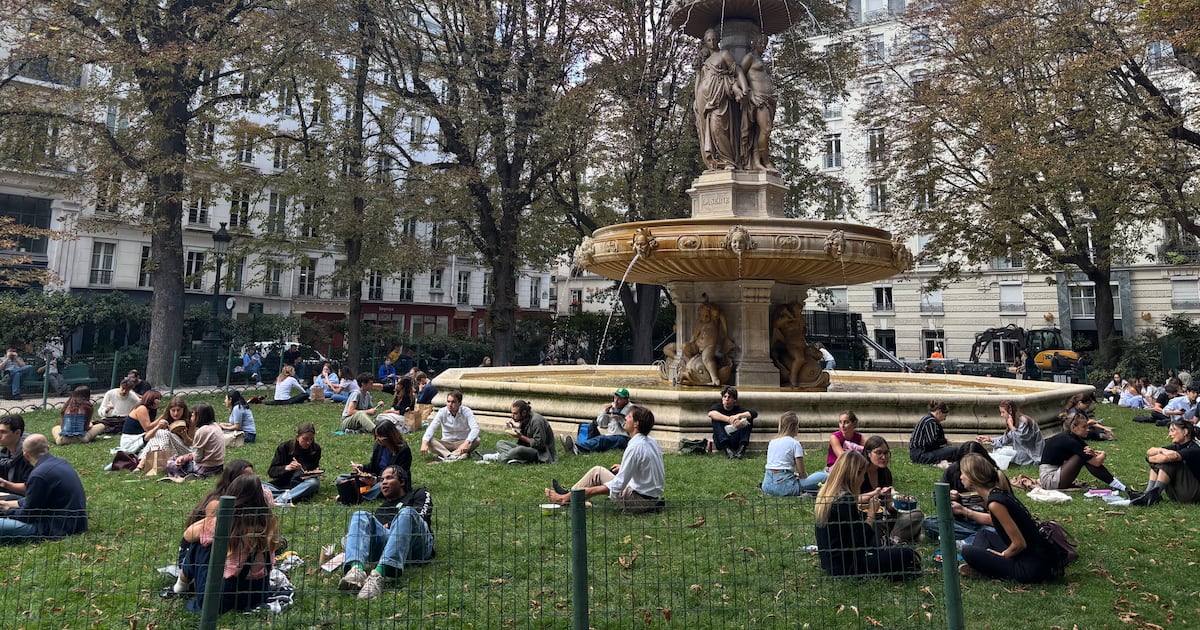World
France Faces Political Turmoil as Prime Minister’s Government Falls

France is bracing for potential unrest as the government of Prime Minister François Bayrou collapsed following a failed confidence vote on March 3, 2025. This marks the second time in less than a year that the French government has faced such a crisis, raising concerns about stability in the country’s political landscape. President Emmanuel Macron now faces the challenge of selecting a fifth prime minister within two years, a rapid turnover highlighting the difficulties of governance in France.
The confidence vote, intended to rally support for a controversial budget plan aimed at achieving €44 billion in cuts, failed to secure even the backing of all Bayrou’s ministers. His proposal was met with resistance from both the opposition and some members of his own party, leaving the government without a clear mandate. Marine Le Pen’s far-right National Rally, alongside left-wing opposition parties, united in their effort to topple Bayrou, demonstrating the fractious nature of the current National Assembly.
Local sentiment reflects frustration with Macron’s administration. Eduardo Paumelle, a 68-year-old Parisian, expressed disillusionment, stating, “He doesn’t care about what we think, he just has his own view.” This sentiment resonates with many, as Macron’s second term extends until spring 2027, leading to speculation about the future of political leadership in France.
Macron’s office at the Élysée Palace announced that a new prime minister would be appointed in the coming days. Analysts suggest that finding someone who can effectively navigate the current political landscape will be difficult. The recent snap elections resulted in a hung parliament, complicating the path forward for any new government. “Whatever will happen, we will have a very complex situation,” noted André Gattolin, a former senator from Macron’s party.
Looking ahead, the next prime minister will need to secure parliamentary approval for the budget, a daunting task given the fragmented political environment. The Socialist Party leader, Olivier Faure, has suggested that the next prime minister should come from their ranks, though such a coalition would still lack a parliamentary majority.
As political uncertainty looms, public discontent is set to escalate with planned protests. Activists have organized a new “block everything” movement, promising widespread disruptions similar to the yellow vest protests of 2018. Paris police chief Laurent Nunez stated that 80,000 police officers will be deployed nationwide to manage potential unrest, cautioning that “many arrests may be made.”
In this context, Macron must navigate rising tensions while addressing pressing economic issues. The outcome of the upcoming protests could further challenge the already fragile state of French politics, as citizens express their frustrations over government decisions and leadership. The stakes are high as France awaits the appointment of a new prime minister and the unfolding of events in the streets.
-

 Top Stories2 months ago
Top Stories2 months agoTributes Surge for 9-Year-Old Leon Briody After Cancer Battle
-

 Entertainment3 months ago
Entertainment3 months agoAimee Osbourne Joins Family for Emotional Tribute to Ozzy
-

 Politics3 months ago
Politics3 months agoDanny Healy-Rae Considers Complaint After Altercation with Garda
-

 Top Stories3 months ago
Top Stories3 months agoIreland Enjoys Summer Heat as Hurricane Erin Approaches Atlantic
-

 World4 months ago
World4 months agoHawaii Commemorates 80 Years Since Hiroshima Bombing with Ceremony
-

 Top Stories2 months ago
Top Stories2 months agoNewcastle West Woman Patricia Foley Found Safe After Urgent Search
-

 Top Stories4 months ago
Top Stories4 months agoFianna Fáil TDs Urgently Consider Maire Geoghegan-Quinn for Presidency
-

 World4 months ago
World4 months agoGaza Aid Distribution Tragedy: 20 Killed Amid Ongoing Violence
-

 World4 months ago
World4 months agoCouple Convicted of Murdering Two-Year-Old Grandson in Wales
-

 World4 months ago
World4 months agoAristocrat Constance Marten and Partner Convicted of Infant Murder
-

 Top Stories3 months ago
Top Stories3 months agoClimbing Errigal: A Must-Do Summer Adventure in Donegal
-

 Top Stories3 months ago
Top Stories3 months agoHike Donegal’s Errigal Mountain NOW for Unforgettable Summer Views









